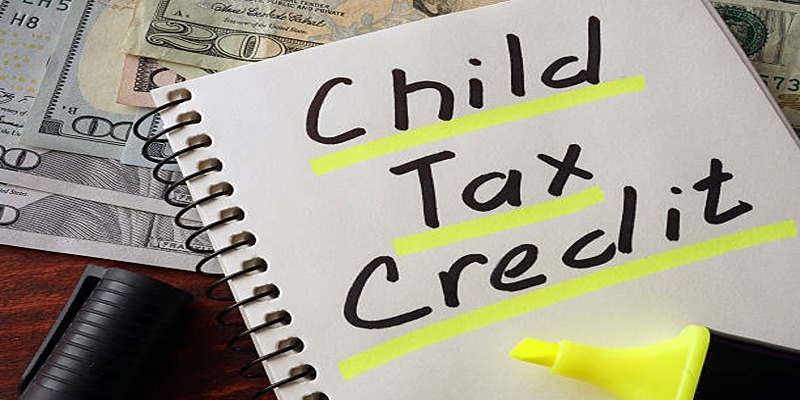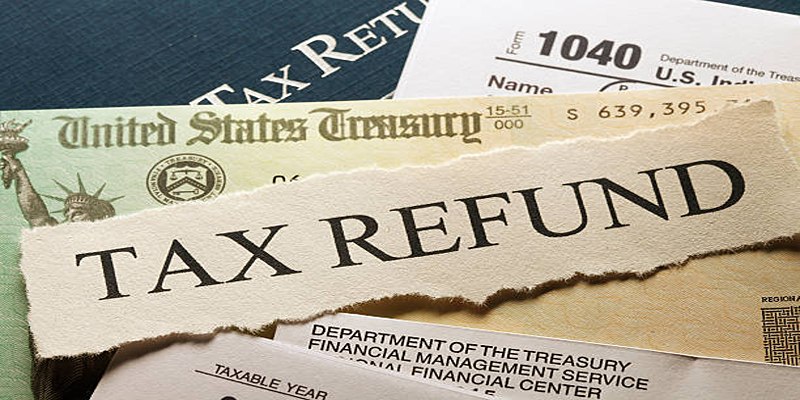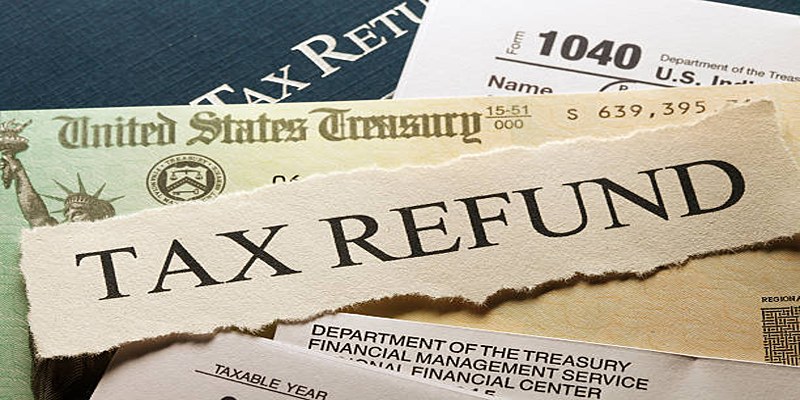A lack of appealing credit can cause financial worry, but there are still approaches that could help. Today, lots of lenders offer bad credit loans designed to assist people in restoring their finances. They give people a chance to stabilize their situations and handle their own problems. Here, we look into the best loans for poor credit, their benefits and advice for selecting the most suitable one.
Why Bad Credit Loans Are a Good Option

Bad credit loans are designed for individuals with low or poor credit scores, typically under 580 on the FICO scale. Traditional loans often require stellar credit scores, which can exclude borrowers with financial struggles. Bad credit loans, however, remove those barriers by evaluating other factors, such as your income, employment status, or ability to repay the loan.
Here are a few reasons to consider bad credit loans:
1. Easier Approval
Unlike conventional loans, bad credit loans are more accessible to borrowers with low credit scores. Many lenders don’t solely base approval on credit, which opens doors to those who wouldn't typically qualify.
2. Fast Access to Funds
Many bad credit lenders provide quicker processing and funding, often depositing money into your account within 24 to 48 hours.
3. Opportunity for Credit Improvement
Repaying a bad credit loan on time can boost your credit score. Timely payments and responsible borrowing show lenders that you’re trustworthy, improving your chances of qualifying for better terms in the future.
4. Flexible Terms
Some bad credit loans come with flexible repayment schedules, allowing you to tailor the loan to your personal financial situation.
While bad credit loans can be helpful, they’re not all created equal. Here's a look at the best options out there.
Top Bad Credit Loan Options
1. Personal Installment Loans
Personal installment loans break down the borrowed amount into consistent monthly payments. These loans are perfect for people looking for predictable repayment schedules. Many online lenders like Upstart and OneMain Financial specialize in offering these loans to borrowers with low credit scores.
Advantages:
- Fixed, manageable payments
- Typically do not require collateral
- Loan amounts range from $1,000 to $50,000
Disadvantages:
- May come with higher interest rates
- Origination fees may apply
2. Payday Alternative Loans (PALs)
Offered by credit unions, Payday Alternative Loans are small-dollar, short-term loans capped at about $2,000. These loans are a safer and more affordable alternative to traditional payday loans, which often charge exorbitant interest rates.
Advantages:
- Capped interest rates to prevent predatory practices
- Easily accessible through credit union membership
Disadvantages:
- Lower loan amounts may not cover larger needs
- Require membership in a credit union, which could involve fees
3. Secured Loans
Secured loans, backed by collateral like a car or savings account, are among the easiest options for those with bad credit. The lender's security reduces risk, making these loans more accessible to borrowers seeking financial assistance.
Advantages:
- Lower interest rates compared to unsecured loans
- Higher likelihood of approval
Disadvantages:
- Risk of losing collateral if you default on payments
- Limited to the value of your collateral
4. Peer-to-Peer (P2P) Loans
P2P loans connect borrowers directly with individual investors through online platforms like LendingClub or Prosper. Many of these marketplaces are more lenient with credit requirements while basing decisions on factors like income and employment.
Advantages:
- Competitive rates compared to traditional lenders
- Flexible loan terms
Disadvantages:
- Loan approval isn’t guaranteed
- May require fees for using the platform
5. Cash Advance Apps
Apps such as Earnin and Brigit provide small, no-credit-check loans without steep interest rates, offering a practical solution for unexpected expenses. Though the loan amounts are modest, they’re a convenient and fast option to bridge financial gaps when you need it most.
Advantages:
- Immediate access to funds
- No credit inquiry
Disadvantages:
- Typically limited to smaller amounts
- Must connect your bank account for repayments
6. Debt Consolidation Loans
Debt consolidation loans merge multiple debts into one manageable monthly payment, often with a lower interest rate. Companies like Avant and Marcus by Goldman Sachs cater to borrowers looking to consolidate high-interest debt, even with low credit scores.
Advantages:
- Simplifies repayment by combining debts
- May reduce overall interest rates
Disadvantages:
- Not ideal for small financial gaps
- Requires solid repayment discipline
Important Considerations When Choosing a Loan

When deciding on a bad credit loan, keep the following factors in mind:
- Interest Rates: Bad credit loans often come with higher interest rates. Compare different lenders to find competitive rates that won’t leave you worse off.
- Fees and Penalties: Check for hidden fees like origination fees, late payment penalties, and prepayment penalties.
- Loan Terms: Opt for terms that suit your repayment ability. While shorter terms might save you money on interest, they often come with higher monthly payments.
- Credible Lenders Only: Stick to reputable lenders. Be cautious with payday lenders and avoid anyone promising “guaranteed approval”—a red flag for predatory practices.
- Understand the Fine Print: Always read the terms and conditions of any loan agreement. Look for transparent details regarding repayment, interest, and potential penalties.
Taking Action on Your Financial Goals
Bad credit loans provide a valuable lifeline for those seeking financial relief, but they work best when paired with responsible borrowing. Keep in mind that improving your credit opens doors to even better opportunities.
3 Steps to Improve Financial Stability:
If you’re ready to expand your loan options and take control of your finances, follow these three steps to improve your credit:
Pay loans on time:
One of the most important factors in determining your credit score is your payment history. This includes not only credit cards but also any other loans you may have, such as a car loan or mortgage. Making timely payments on all of your loans shows lenders that you are responsible and can be trusted with new credit.
Reduce existing debt:
Another major factor that affects your credit score is the amount of debt you currently owe. If you already have a lot of outstanding debt, it can negatively impact your credit and make it difficult to obtain new loans. Before taking out additional loans, it's important to try and pay off as much of your existing debt as possible. This not only improves your credit score, but also shows lenders that you are responsible with managing your finances.
Maintain a low credit utilization ratio:
Your credit utilization ratio measures how much credit you're using compared to your total credit limit. Keeping this ratio below 30% is key to maintaining a healthy credit score, as a high ratio can signal financial strain and hurt your credit. To keep your utilization low, aim to pay off your balances in full each month or make multiple payments throughout the month to reduce outstanding debt.
Final Thoughts
Finding the best bad credit loans can be a pivotal step in improving your financial situation. These loans provide an opportunity to manage debt, rebuild credit, and move toward financial stability. It’s essential to research and compare options to find reputable lenders offering reasonable terms. By staying disciplined with repayments and implementing responsible financial habits, such as budgeting and building savings, you can leverage these loans to gradually strengthen your credit profile.












